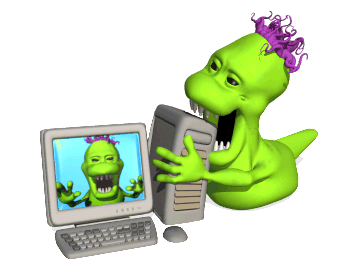Deep ... eat music in victim PC
Hackers have just "removed the file book" for a special worm: wiping out all the MP3 files stored on the infected computer.
This Deletemusic worm spreads through storage devices like memory cards, CDs or USB drives. Immediately after entering the computer or device, it will activate and then copy itself into multiple copies, crept into all drives (including CD / DVD drives). Every time the Windows operating system starts up on the computer, DeleteMusic silently hands off.
However, based on the modest range of dispersal and not so serious consequences of Deletemusic, security firm Symantec only rated the worm as "low risk", even "not dangerous".
Although the "MP3 killer" is quite rare, but it is not unprecedented. For example, in 2002, Klez-F worm spreads widely, overwriting MP3 files (and some other file formats) on certain days of the month.
Meanwhile, the Scrambler worm is programmed to turn all MP3 files into a farting rub. Mylife-G worm overwrites all MP3 files "my lIfE".
Low risk, but "heavy puncture"
 Source: CNN It is noteworthy that when bombing, none of these worms intended to distinguish between digital music files legally purchased with pirated files from P2P networks or similar sources.
Source: CNN It is noteworthy that when bombing, none of these worms intended to distinguish between digital music files legally purchased with pirated files from P2P networks or similar sources.
Often, security companies cannot find the "music-eating" author, or they may not be able to search for the problem because it is not too serious. However, the consequences of Deletemusic for victims - Windows users are not comfortable at all.
With more and more people using computers to save digital music (instead of listening to CDs as before), a worm that wipes out the entire MP3 collection can cost victims thousands of dollars to buy and restore. library from scratch.
If you don't want to fall into that irony, be careful with removable devices like USB drives and CDs every time they connect them to your computer.
Trong Cam